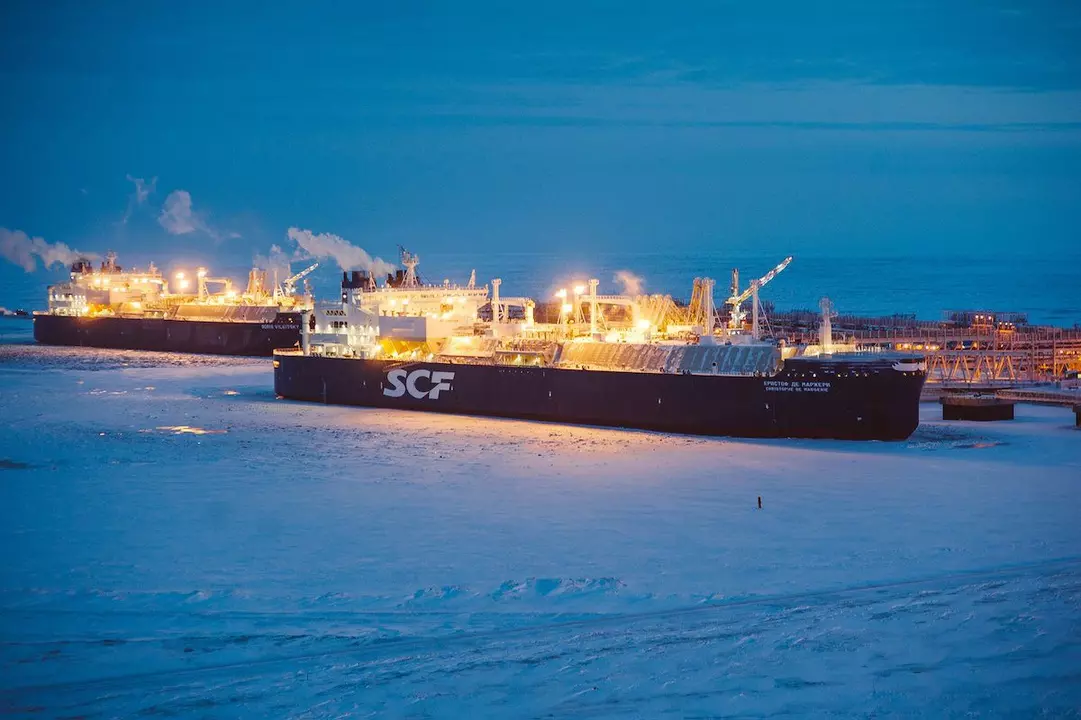-
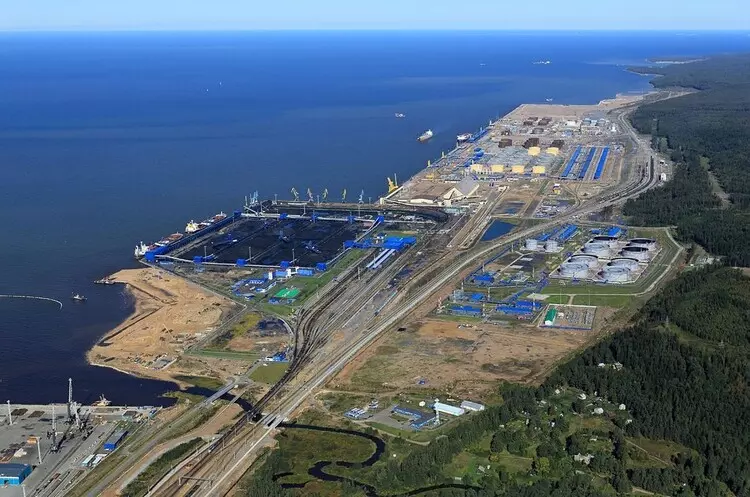
Ukrainian Drone Strike on Ust-Luga Port: Exposing Russia’s Oil Export Vulnerabilities
The Ukrainian Drone Strike on Russia’s Ust-Luga Port: Implications and Analysis Introduction to the Ust-Luga Port The Ust-Luga port, situated on the Baltic Sea, is a pivotal hub for Russia’s oil exports. Handling a substantial portion of the country’s oil shipments, it is a strategic target for adversaries. This section provides an overview of the…
-
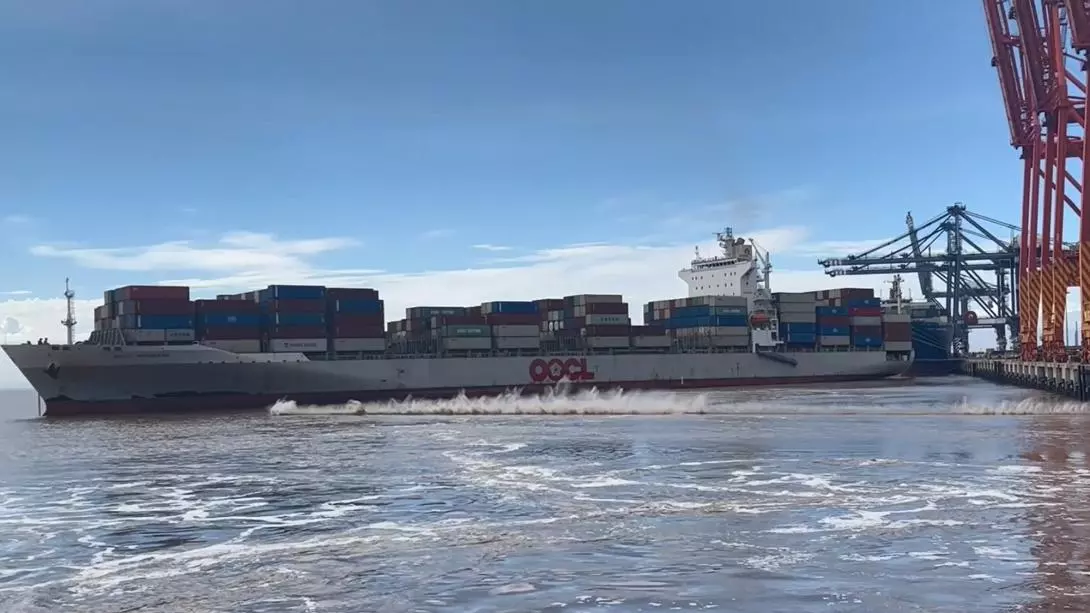
Lessons from the Storm: Enhancing Port Safety After Brisbane’s Container Ship Breakaways
Port of Brisbane Container Ship Breakaways: ATSB Investigation and Safety Enhancements Incident Details In May 2022, the Australian Transport Safety Bureau (ATSB) investigated two significant incidents at the Port of Brisbane, where container ships broke away from their moorings due to heavy rainfall and strong currents in the Brisbane River. The incidents involved the OOCL…
-
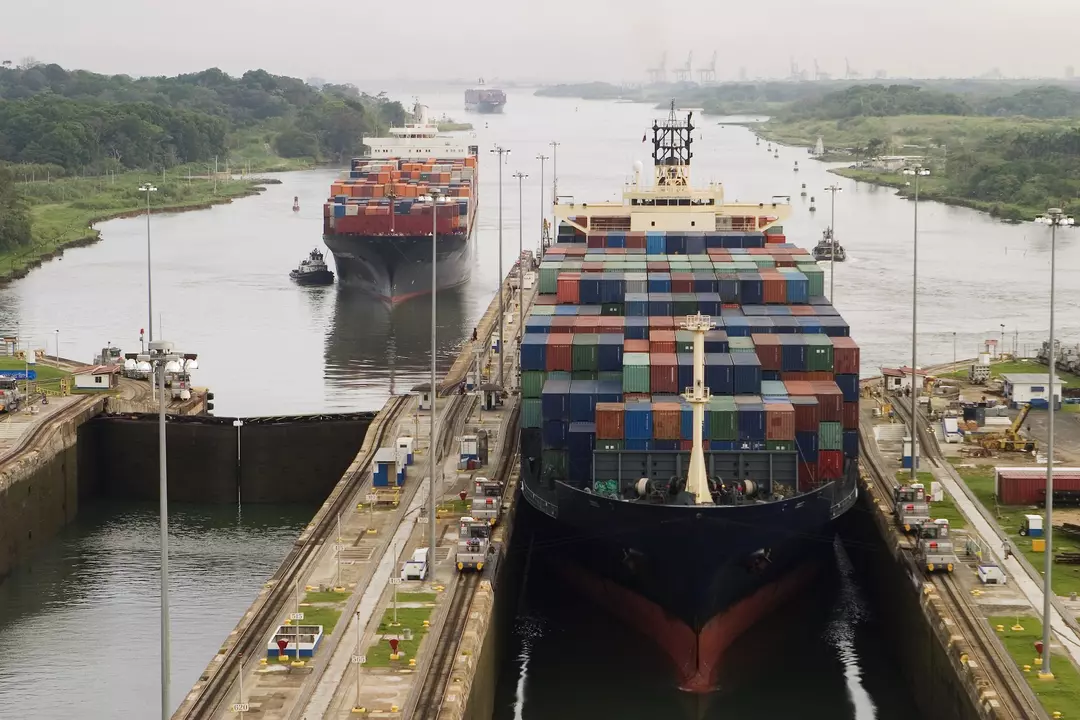
Marco Rubio’s Latin America Mission: Navigating Policy, Migration, and Geopolitical Challenges
Marco Rubio’s Latin America Trip: Policy, Impact, and International Relations Trump Administration’s Policies and Intentions This section explores the key policies and intentions of the Trump administration in Latin America, focusing on increased deportations, the use of military aircraft, sanctions and tariffs on Colombia, and brief disputes with Colombia over deportation flights. Trump’s “America First”…
-
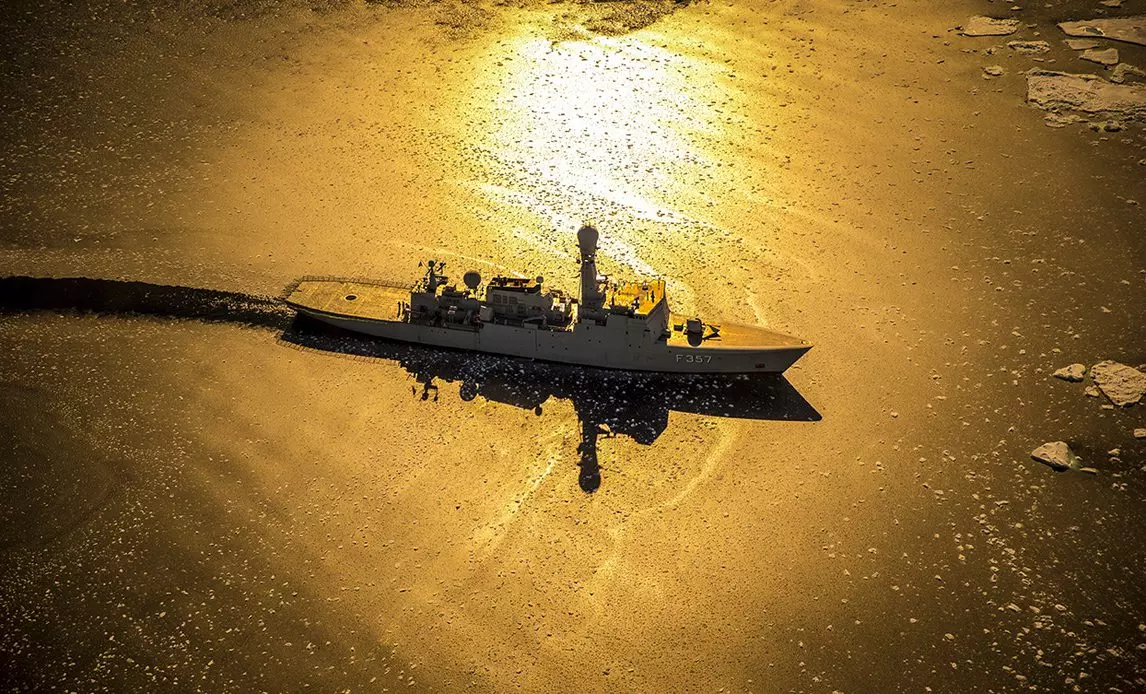
Denmark’s Arctic Ambition: Strengthening Naval Capabilities in a Changing Security Landscape
Introduction to Denmark’s Naval Procurement Shift Denmark’s recent strategic shift in naval procurement, focusing on Arctic-capable vessels, reflects a significant pivot in its defense strategy. This shift is driven by evolving security dynamics in the Baltic Sea and North Atlantic regions, particularly around Greenland. The decision to replace aging Thetis-class vessels with more efficient Arctic…
-
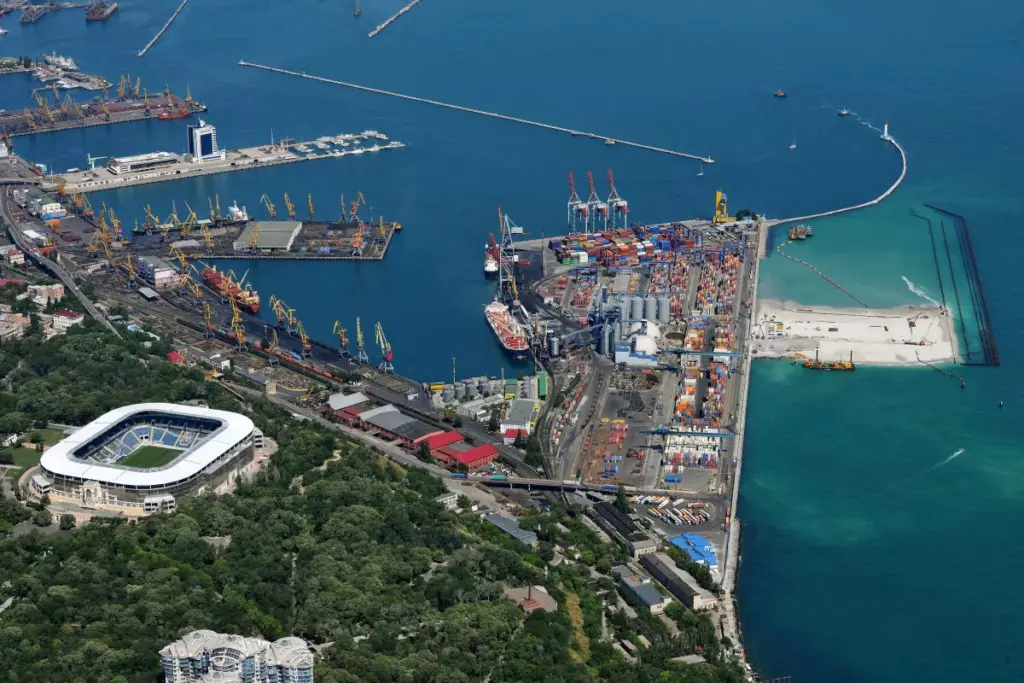
Enhancing Environmental Safety and Security at the Port of Odesa: Historical Context, Current Challenges, and Strategic Investments
The Port of Odesa: Enhancing Environmental Safety and Security Introduction to Odesa Port The Port of Odesa, situated in the northwestern part of the Black Sea, is a pivotal hub for Ukrainian and international trade. Established in 1794 by Empress Catherine the Great, the port has grown into one of the largest and most significant…
-
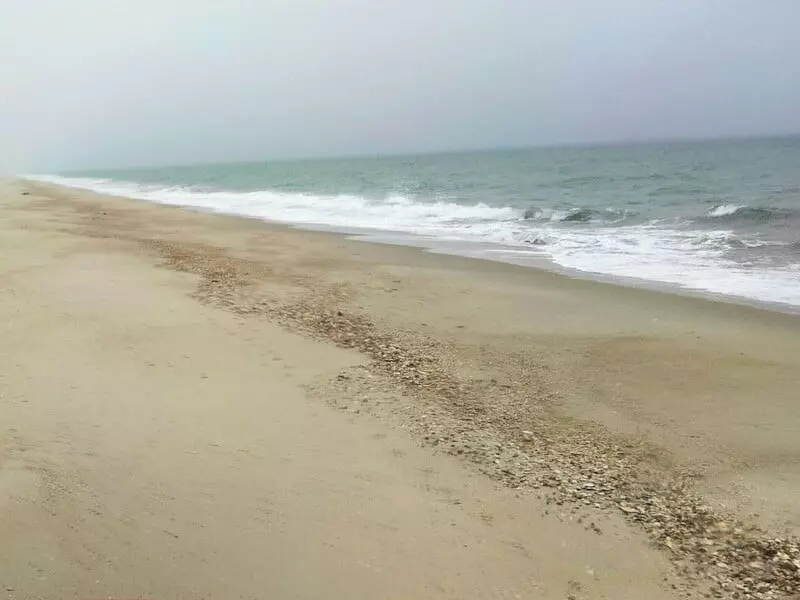
The Catastrophic Diesel Spill in the Black Sea: Environmental, Economic, and Social Impacts
“`html The Diesel Spill in the Black Sea The accident in the Kerch Strait involved two Russian tankers that ran aground and spilled thousands of tons of heavy fuel oil (mazut) into the Black Sea. The incident occurred during a severe storm, exacerbating the damage to the vessels. The spill has led to significant environmental…
-
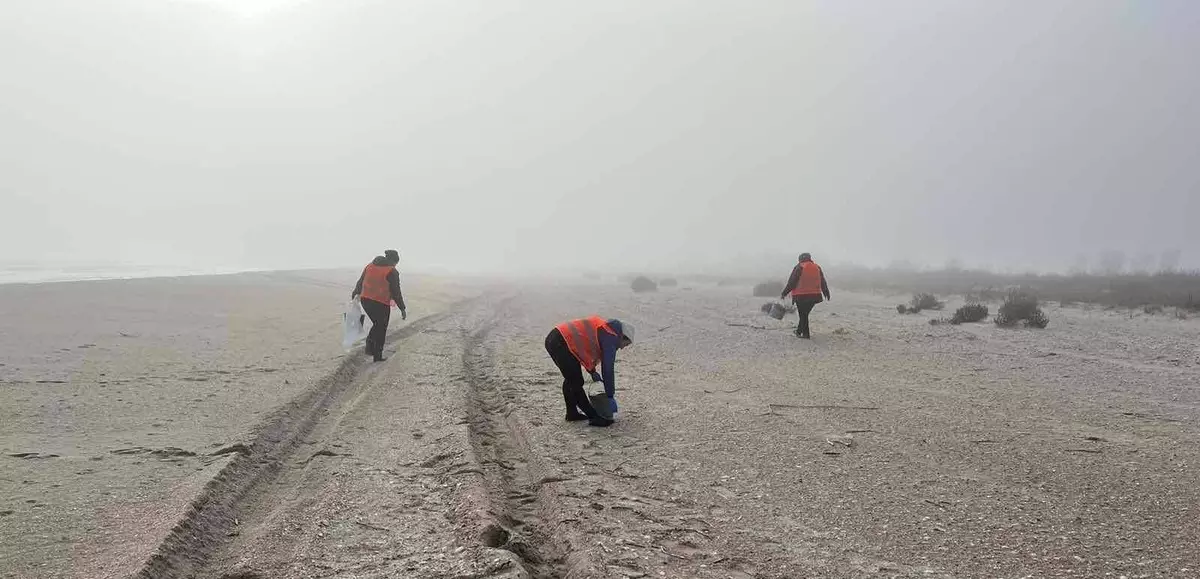
“Black Tide in the Kerch Strait: Ecological Crisis and the Urgent Call for International Action”
The Ecological Impact of the Kerch Strait Oil Spill Overview of the Incident On December 15, 2024, two Russian tankers were battered by a severe storm in the Kerch Strait, leading to their sinking and a significant oil spill. The tankers, carrying heavy fuel oil (mazut), released their cargo into the sea, reaching the coast…
-

Revolutionizing Off-Grid Energy: The Strategic Partnership Between HELION Hydrogen Power and M Reformer
The Strategic Partnership Between HELION Hydrogen Power and M Reformer The strategic partnership between HELION Hydrogen Power and M Reformer marks a significant milestone in the realm of sustainable energy. By integrating proton exchange membrane (PEM) fuel cell technology with methanol reformers, these companies aim to revolutionize off-grid electrical energy generation. This article delves into…
NeonHorizon
Exploring the horizons of the maritime industry.


